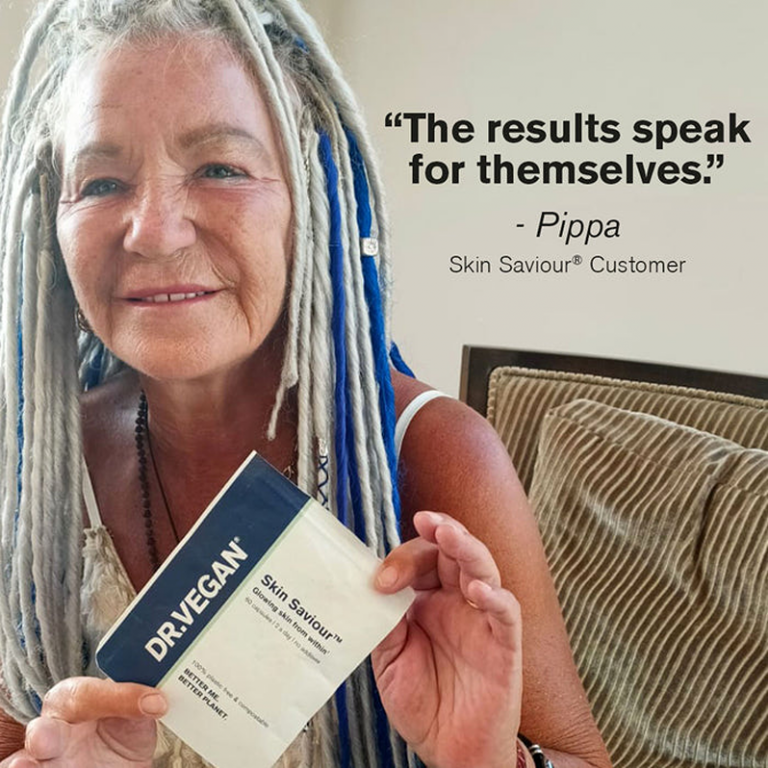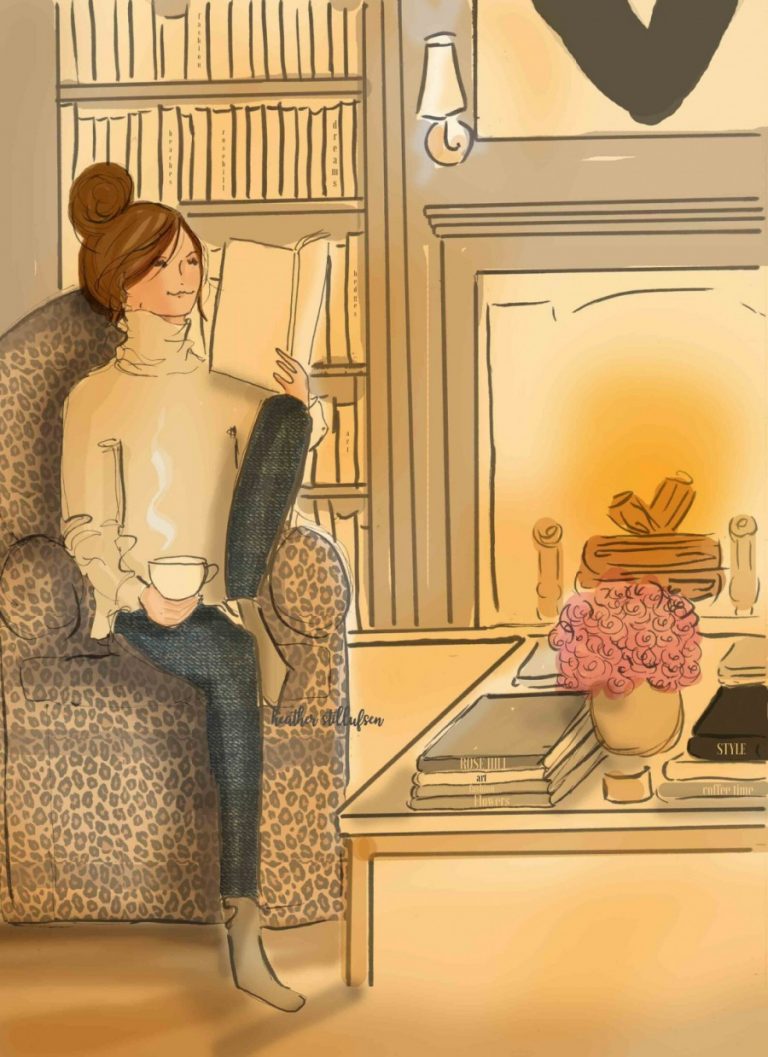
Tom had the corner office by 35, a car that turned heads, and a bank balance that made him feel safe. He also had a tight chest at night, a phone that never stopped, and a son who stopped asking him to play. When he finally took a week off, he realised he could not remember the last time he felt proud of anything that did not have a price tag.
Money matters, of course. It pays the rent, keeps the lights on, and brings comfort. But when it drives every choice, it bends your life out of shape. Health slips, relationships thin out, and the days lose flavour. The more you chase, the more it runs.
Forget money obsession, and set better priorities. Look at what has happened to our natural world, destroyed in the pursuit of economic growth. We now have a Chancellor obsessed with ‘economic growth’ and a US President who is obsessed with money, power and ratings.
Living a simple meaningful life is far kinder to yourself and the planet. And you will also gravitate to likeminded people, who have better morals and don’t just ‘chase the money’ or ruin other lives, in pursuit of gain.
Mark Boyle is an Irish journalist who years ago, decided to give up money entirely for a year, and now lives in a little house that he bought with proceeds from a book he wrote: The Moneyless Manifesto. He does not suggest we all live without money, just inspire us to live with less. And realise that happiness comes from simpler living, not ‘more, more, more’.
Recently, Ben Fogle stayed with Mark for a week as part of his ‘New Lives in the Wild’ programme. Mark grows and buys food, and visits the pub to have a beer. But he has no mobile phone and no TV. When Ben told him that Harry and Meghan had left the Royal family and emigrated to the US, he not only had no idea – but only had a vague idea of who they were! How refreshing!
We think Mark is really inspiring, although he won’t be reading this post, because he has no Internet! But here are a few of his wise words:
If we grew our own food, we wouldn’t waste a third of it as we do today. If we made our own tables and chairs, we wouldn’t throw them out the moment we changed the interior decor. If we had to clean our own drinking water, we probably wouldn’t contaminate it.
The more we consume, the more we want. And the more we want, the more we have to work to pay for all these things and insure them. And then get stressed about them and protect them and get bigger houses. I think true freedom comes with letting go of them.
We’re convinced we need money to have friends and partners. But actually I’ve found the opposite to be true.
The Costs of Making Money Your Goal
When money takes the wheel, stress often rides shotgun. Long hours, tight targets, and constant comparison build pressure. Sleep suffers. Meals get rushed. Your body pays the price while you plan the next jump up the ladder.
People who fixate on income tend to treat rest as a reward they must earn. That mindset drains energy and dulls mood. The joy that used to come from small wins fades, since nothing feels enough. You think the next raise will fix it. It rarely does.
There is also the cost to relationships. Skipped dinners and missed birthdays stack up. Friends stop calling because you always cancel. Family time becomes an item on a list, not a living bond. Work expands to fill every corner, and the rest of life shrinks.
Research from psychologists shows that people who spend on experiences report higher life satisfaction than those who spend on things. Time with loved ones, learning new skills, and shared memories lift mood and build resilience. Cash buys comfort. Experiences build meaning.
How Money Focus Hurts Your Health and Happiness
The body keeps score. Long weeks raise blood pressure and strain the heart. Blue light late at night disrupts sleep. Quick snacks replace real food, and energy crashes follow. Anxiety creeps in, then stays.
Mentally, constant worry about earning more or losing ground eats at peace. You check your phone in bed, then wake with a knot in your stomach. Have you felt this way? Early signs include irritability, poor focus, and a joyless weekend. Simple evidence links chronic stress to lower life satisfaction. Spot it early, rest on purpose, and talk to someone you trust.
Why Relationships Suffer When Wealth Comes First
When you put wealth first, time gets taken from people who matter. Missed school plays, late returns, and calls you cut short build quiet walls. Over time, partners feel unseen and children learn to stop asking. Friends drift.
True riches sit in connection. A slow walk with your mum. A roast with mates on Sunday. A chat that runs long because it matters. To reconnect, start small. Put your phone in another room at dinner. Book a weekly coffee and treat it as sacred. Say yes to a family plan, even if work screams for more.
If you focus on money, people also trust you less. What are your reasons to being a friend or partner? If it’s anything to do with money, authentic people will run a mile.
Shift to a Life Rich in Meaning

Meaning grows when you align time, values, and care. Many people find it in craft, service, or nature. Others find it in faith, learning, or sport. The path is personal, but the signs are clear: you feel alive, useful, and present.
A meaningful life without wealth chase does not reject money, it puts it in its place. Money becomes a tool, not a score. You choose hobbies that light you up, even if they never pay. You help someone with no invoice at the end. You invest in ties that hold during hard weeks.
Stories are everywhere. A London accountant who took Fridays to mentor teens, then found Monday less heavy. A nurse in Manchester who joined a choir, slept better, and felt kinder on shift. A builder in Cardiff who swapped overtime for Saturday football with his daughter, and saw her confidence soar.
Balance paid them back in energy, not pounds. What matters most is attention. Where you place it shapes your days. When you feed curiosity, kindness, and community, you feel steady. When you feed only income, you feel hollow.
Find Your Passion and Purpose Beyond Pay-checks
- Try things. Join a local club, take a short course, or volunteer once a month.
- Journal for ten minutes a day. Note what gave you energy and what drained it.
- Ask, if I had one free afternoon, how would I spend it?
- Follow your sparks. A sketchbook, a garden, a bike trail, a cookbook.
- Test small. Spend two weeks on one interest before switching.
These steps build a map of what you value. The result is more joy in your day, and less craving for the next pay rise. You feel proud of how you use your time.
Build Lasting Connections That Money Cannot Buy
- Plan device-free meals with family twice a week.
- Go for a walk with a friend you’ve not made time for.
- Join a community group, like Parkrun or a book club.
- Offer help without being asked, such as a school lift or a cooked meal.
Strong ties bring support, laughter, and a sense of home. They catch you when life tilts and make good days brighter. This is wealth that grows when shared.
Stop Letting Money Rule Your Days
You can change course without blowing up your life. Start with a few clear actions, then add more as your confidence grows. Work limits protect health and make space for better use of time. A simple budget reduces fear and funds small joys. Gratitude shifts your focus from what you lack to what you have.
These steps do not ask you to quit your job or ignore real bills. They ask you to direct your days on purpose. Each change, even tiny, weakens the hold of constant earning and spending.
Set Boundaries to Protect Your Time and Energy
Say no to extra work that steals evenings, unless it is rare and worth it. Put a firm end time on your day and stick to it. Build a wind-down routine, such as a walk after dinner or reading for 15 minutes. Protect one night a week for rest or family. Better rest leads to better focus and better work.
Practice Gratitude for a Fuller Life View
Each day, note three good things. Keep them small and clear, like a warm cuppa, a kind text, or a blue sky. Write why each one mattered. This habit pulls your mind from scarcity to enough. People who practise gratitude report less stress and more contentment. It takes less than five minutes.
Create a Plan That Balances Needs and Joys
Make a simple plan. Cover bills, set up an auto-transfer to savings, and ring-fence a modest fun fund. Decide your spending triggers and set guardrails, like a 24-hour pause before big buys. Plan paid time off for experiences you value. This balances prudence with pleasure, and money supports life rather than running it.





